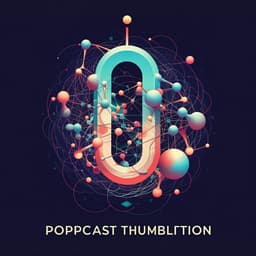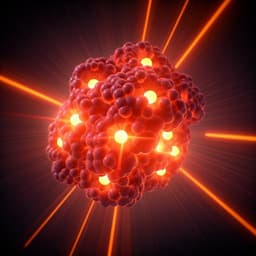
Physics
Quantum advantage in postselected metrology
D. R. M. Arvidsson-shukur, N. Y. Halpern, et al.
Explore the groundbreaking research by David R. M. Arvidsson-Shukur, Nicole Yunger Halpern, Hugo V. Lepage, Aleksander A. Lasek, Crispin H. W. Barnes, and Seth Lloyd. Their work reveals how postselection can dramatically enhance Fisher information in parameter-estimation experiments, leveraging negative quasiprobabilities to achieve remarkable information-cost rates unattainable by classical theories.
Related Publications
Explore these studies to deepen your understanding of the subject.







